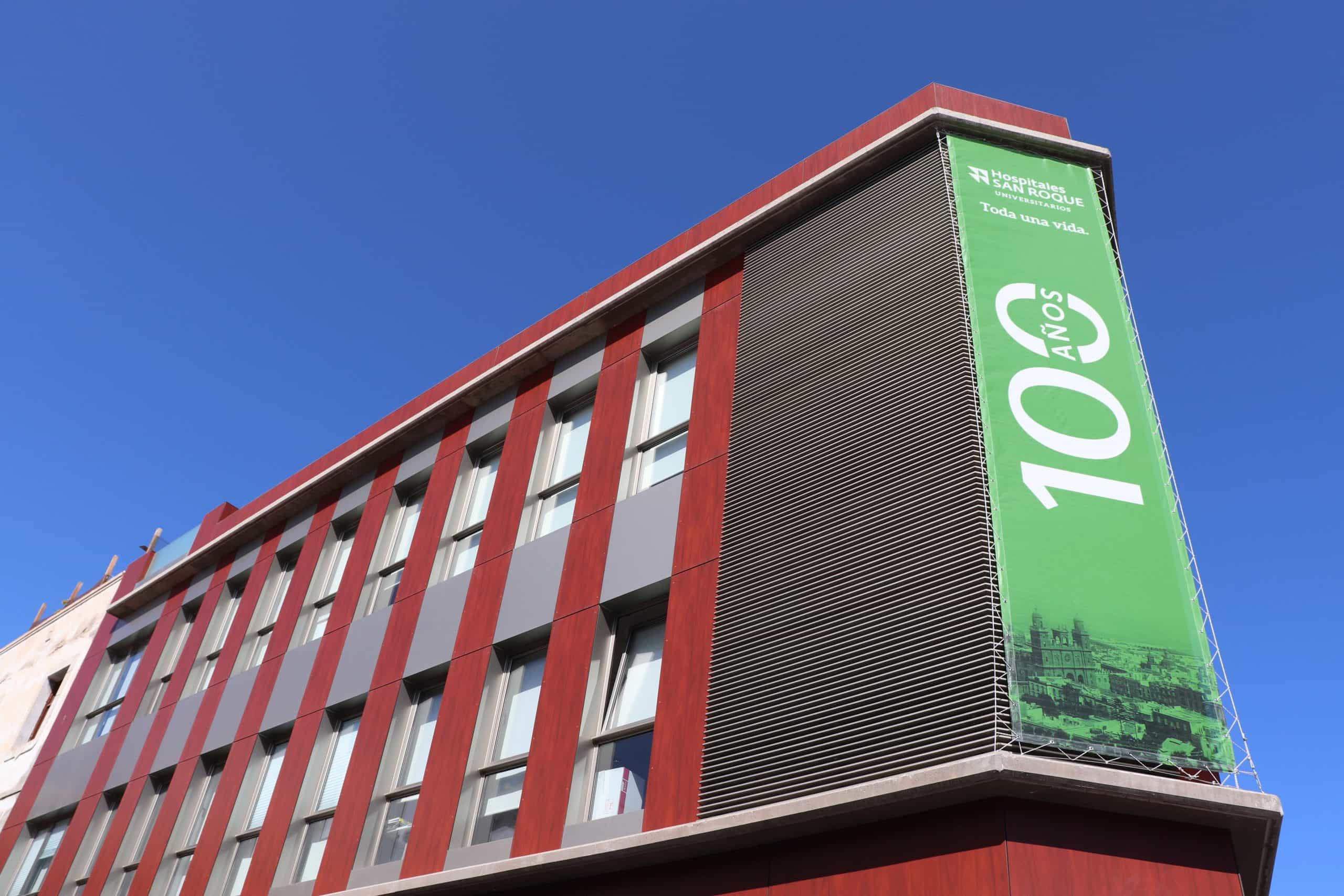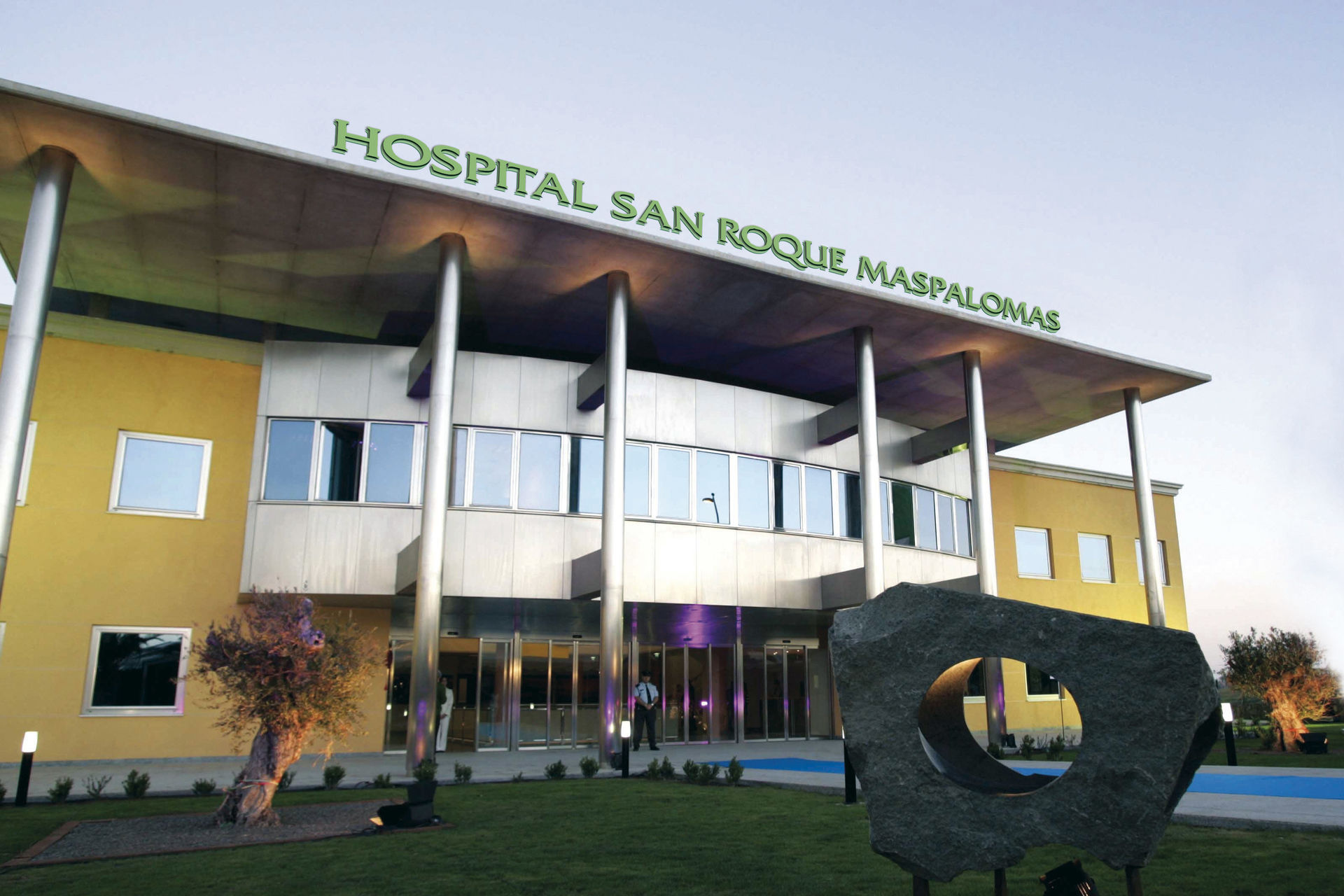Medical Specialties
Your health is covered at every stage
Psychology
Psychology is the scientific study of mental processes and behaviour in human beings and their interactions with the physical and social environment. It aims to describe sensations, emotions, thoughts, perceptions and other states that motivate human behaviour. To talk about Psychology is also to talk about health, well-being and prevention of mental and physical disease.
Health behaviours are important not just because they have a direct impact on health, but also because they can become habits and affect a person's vulnerability to disease throughout their lifetime.
Integrative Therapy and Psychology
Scientific evidence indicates that when we change our thoughts we are also modifying our biology, and it is a well known fact that the psychological and emotional repercussions exceed the biological impact. Not everyone responds to the same stress factor in the same way. Psychological factors can modulate the response of our body's defense system-- in other words, the immune system-- and affective disorders have a lot to do with this. In this sense, it is important to point out that the brain is our body's front line of defense against illness and aging.
The Integrative Therapy at Hospitales Universitarios San Roque offers patients and their families bio-psychological support and training in managing emotions, using the latest psycho-neuroimmunology (PNI) tools and techniques used at the world's most cutting-edge centers, and which have proven effective in helping reduce stress and strengthen the immune system, a process that is of key importance in helping cancer patients recover.
Cancer patients are not the only only ones to benefit from this therapeutic approach; other beneficiaries include patients suffering from chronic illness: cardiovascular disease; auto-immune disease; degenerative processes; obesity; diabetes and psycho-affective disorders (depression, anxiety, stress) among others.
Based on this new biopsychosocial paradigm, there is no real division between the mind and body, which implies a thorough knowledge of the patient and not just the his or her illness, thus empowering the patient as an active agent of their own healing.
The process of therapeutic intervention
Attaining and maintaining a good life can become a legitimate and ethically desirable professional objective, among other reasons because it is a common objective of all humans. Happiness, plenitude, optimism, cheerfulness, inspiration and mindfulness are the new terms used to describe novel concepts about the way in which Psychology can help society in furthering personal development and growth through the therapeutic work inherent in Clinical Psychology.
Psychotherapy comprises those techniques used to work with the emotions in order to ease discomfort and draw elements of strength, learning and resilience from adversity in order to mitigate and prevent future harm and promote greater personal development.
Therapeutic work transcends the traditional clinical setting; it includes both health care and prevention, education and self-knowledge. Psychology goes beyond the health-illness dichotomy.
In the Psychology service in Maspalomas, not only do we deal with specific mental health problems (anxiety, smoking and other addictions, phobias and irrational fears, body dysmorphic disorder, OCD, etc.), but we also work on the psychological aspects that interfere with the processes of health and illness.
This service deals with chronic diseases that derive from the fusion of social, cultural and especially psychological causes, such as obesity, from the perspective of the biopsychosocial model of health.
On the other hand, some surgical procedures require psychological preparation and post-operative accompaniment during the period in which the patient enters his or her new life. In this way, the field of action in the hospital environment also includes the preparation and recovery from major surgery, with both cognitive and emotional rehabilitation that lead to the patient's convalescence from cardiovascular and cerebral accidents and other diseases.
Education in "healthy psychological habits" is a fundamental aspect of the work carried out by this service on the premise that many emotional states can cause serious illnesses. These habits, together with the different lifestyles related to health (diet, healthy exercise, etc.), are the tools that will give the patient well-being and are the best prevention of illnesses.
Another of the aspects on which psychological care is focused in this hospital service is action in the face of loss, psychological suffering of terminally-ill patients, advance directives and people who are important to the patient.
PSYCHOLOGICAL ASPECTS OF OBESITY
Some psychological variables are related to obesity, and in our centre in Maspalomas, a professional psychologist carries out the necessary tests to detect them, diagnose them and carry out the appropriate treatment.
To this end, we focus on the relationship between patients and their own body: the distortion of their image, their behaviour with food, their self-esteem, their personal relationships and their lifestyle.
On the other hand, it is essential to rule out the existence of possible disorders and to understand the function that obesity can present in each patient, whether it is a consequence of personal situations or the cause of others.
Our Psychology service collaborates with Endocrinology and Nutrition, working on motivation, interception and psychoeducation among others.
PEOPLE WITH HIGH SENSITIVITY
A highly-sensitive person has a more developed neuro-sensory system than most people and as a consequence, receives much more sensory information than someone with average sensitivity. This is an innate trait equally dispersed among all gender identities.
In some cases, high sensitivity is associated with sensory saturation, blockage and even stress or illness.
According to the aPASe (Association of People with High Sensibility of Spain), highly-sensitive people generally present the following characteristics:
- Depth of Processing: They process all the information received in an intense and deep way, so they usually reflect a lot in search of a better understanding.
- Overstimulation: They can become saturated and overstimulated when they have to process a lot of (sensory and emotional) information at the same time.
- Emotional Responsiveness and Empathy: They are easily moved by situations and sensations. Their way of experiencing happiness or sadness is very intense and is linked to a strong empathy for others.
- Sensitivity to Subtleties/Sensory Stimuli: They are more impacted by strong sensory input of the five senses (sight, touch, hearing, taste and smell), and they also notice subtle details such as small changes in their environment or the emotional state of the people around them.
In Maspalomas, we have a professional accredited in our autonomous community by aPASe to treat people with High Sensitivity.
Therapeutic Approach
We use the most widely accepted and widespread theoretical orientation in modern psychology: cognitive behavioural therapy. This is a practical therapy that focuses on solving the problems on the here and now.
We have been trained by one of the most prestigious schools of this school of thought which focuses on the link between cognitive aspects (ways of thinking that make us interpret situations in a certain way, which sometimes hinder us from facing our everyday challenges), aspects related to our behaviour when dealing with such situations (escape, avoidance, rationalisation, deviation, denial, etc.) and emotional reactions displayed as feelings (anger, frustration, rage, anxiety, wrath, etc.).
The “Gold Standard” of this therapy is its assessment of a person’s current situation. By identifying the causes or factors that sustain the problem, those problems can be tackled through specific tools and abilities.
This cognitive behavioural therapy is practical. Its aim is to modify inappropriate behaviours that cause distress and discomfort, while developing other more appropriate behaviours that create more pleasant feelings in a person’s daily life.





